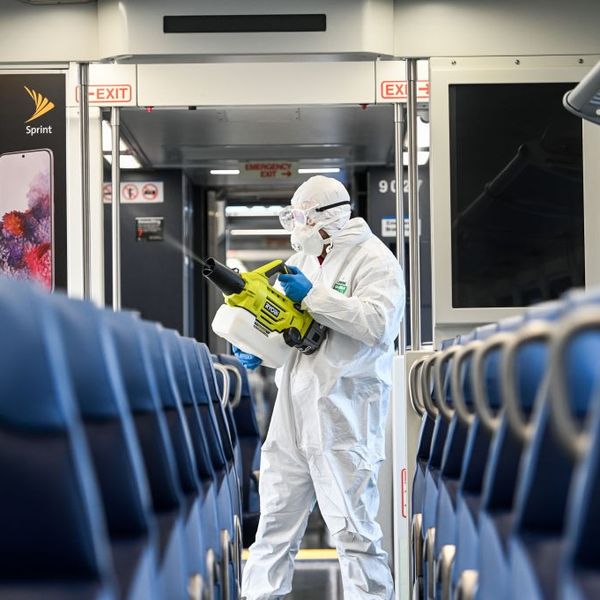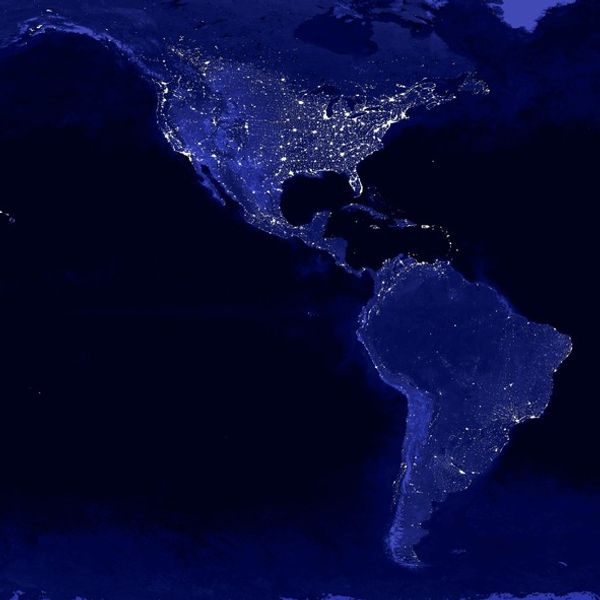Bottom Line Up Front
- The current Ebola outbreak in the Democratic Republic of Congo is the second largest in history, with more than 422 probable and confirmed cases and nearly 250 deaths, many of them women and children.
- There is both a domestic and an international response to the Ebola outbreak, which includes the trial use of a multi-drug treatment. However, the response is hampered by security risks posed by rebel groups.
- Elections are scheduled for December 23, and face a significant risk of violence and wider unrest, further complicating efforts to stem the Ebola outbreak.
- The director of the Centers for Disease Control and Prevention declared that the recent outbreak could become endemic if not stopped soon.
The Ebola outbreak in the northeastern part of the Democratic Republic of Congo (DRC) began four months ago and is now the worst in the country’s history and second worst ever. More than 242 people have died from Ebola, with the Ministry of Health and World Health Organization (WHO) reporting 422 probable and confirmed cases. In 2016, the Ebola epidemic in West Africa lasted for three years and killed 11,310 people. The re-emergence of the virus comes at a time when the country is suffering from a resurgence of violence from groups affiliated with the Allied Democratic Forces (ADF). This has meant that the response is effectively taking place inside of a war zone, increasing risks for emergency personnel and non-governmental organizations tasked with combating the crisis. Domestic and international efforts to respond to and contain the outbreak are underway. The WHO and its partners are currently active in Katwa, Butembo, Beni and Kalungunta, all in the northeast of the DRC. In one major development, specialists hope that the use of a multi-drug Ebola treatment trial might help to contain the current, as well as future outbreaks of the virus.
However, the response to the Ebola outbreak is complicated because of a recent increase in terrorist and rebel activity. The ADF, formed in 1996 by several groups opposed to the Ugandan government of President Yoweri Museveni and initially based in Uganda, has started to conduct operations in the DRC. The ADF is based between North Kivu and Uganda in the Ruwenzori mountains. The group is often described as adhering to a radical Islamist ideology, with the objective of establishing Sharia law in Uganda, a country that has struggled in the past to combat terrorist groups like the Lord’s Resistance Army, or LRA. There is a concern that the ADF could establish links with groups like al-Qaeda or the so-called Islamic State, helping them gain a toehold in Central Africa. Some attacks attributed to the ADF in DRC are likely conducted by other groups. For instance, Mai, which are effectively self-defense militias, have also conducted attacks. Over the past several months, the number of ADF-attributed attacks in northeastern DRC has risen significantly, and disrupted efforts to respond to the Ebola crisis. In one of the larger attacks in September, the ADF killed 21 civilians and soldiers, which resulted in a general strike lasting for several days and a halt to the Ebola response.
Two months ago, the U.S. State Department advised that all employees leave the region and relocate to the capital, Kinshasa. In mid-November, in response to the attacks, the Congolese armed forces and the United Nations Organization Stabilization Mission in the Democratic Republic of Congo (UN MONUSCO) peacekeeping mission conducted a joint offensive against armed groups in Beni, North Kivu. The WHO temporarily withdrew sixteen staff from Beni after a shell hit the building where they were staying. Meanwhile, roving medical or burial teams have been beaten or stoned by villagers. Without adequate security, those organizations most capable of helping combat the spread of the disease are prevented from doing so. One of the main concerns is that Ebola will spread in the “red-zones”—locations made inaccessible due to the overwhelming presence of armed groups.
There is also concern that the violence and rebel attacks in northeastern DRC will continue to spike in the coming weeks, ahead of elections scheduled to take place on December 23. The elections are being held to determine President Kabila’s successor and are highly controversial. Recent polling suggests that the elections are likely to be closely contested, and unrest, violence and disruption are expected. Such is the impact of the violence, the director of the Centers for Disease Control and Prevention said last month, that it might no longer be possible to contain the outbreak of Ebola, and it might instead become endemic in the eastern DRC. This would have the potential to make Ebola a long-term risk both in the country and beyond. The WHO had previously warned that Ebola could spread throughout the region at any time, even as the DRC’s neighbors, including the Central African Republic, continue to struggle with violence and instability in their own right and would be similarly challenged to respond effectively. The spread of Ebola and other pandemics throughout Africa demonstrate the nexus between human security and traditional security, as well as the challenges of promoting good governance in weak and failed states plagued by instability and capacity building deficits.
Want more? See also, The Battle Against Deadly Biological Threats...from The Cipher Brief's Homeland series....









